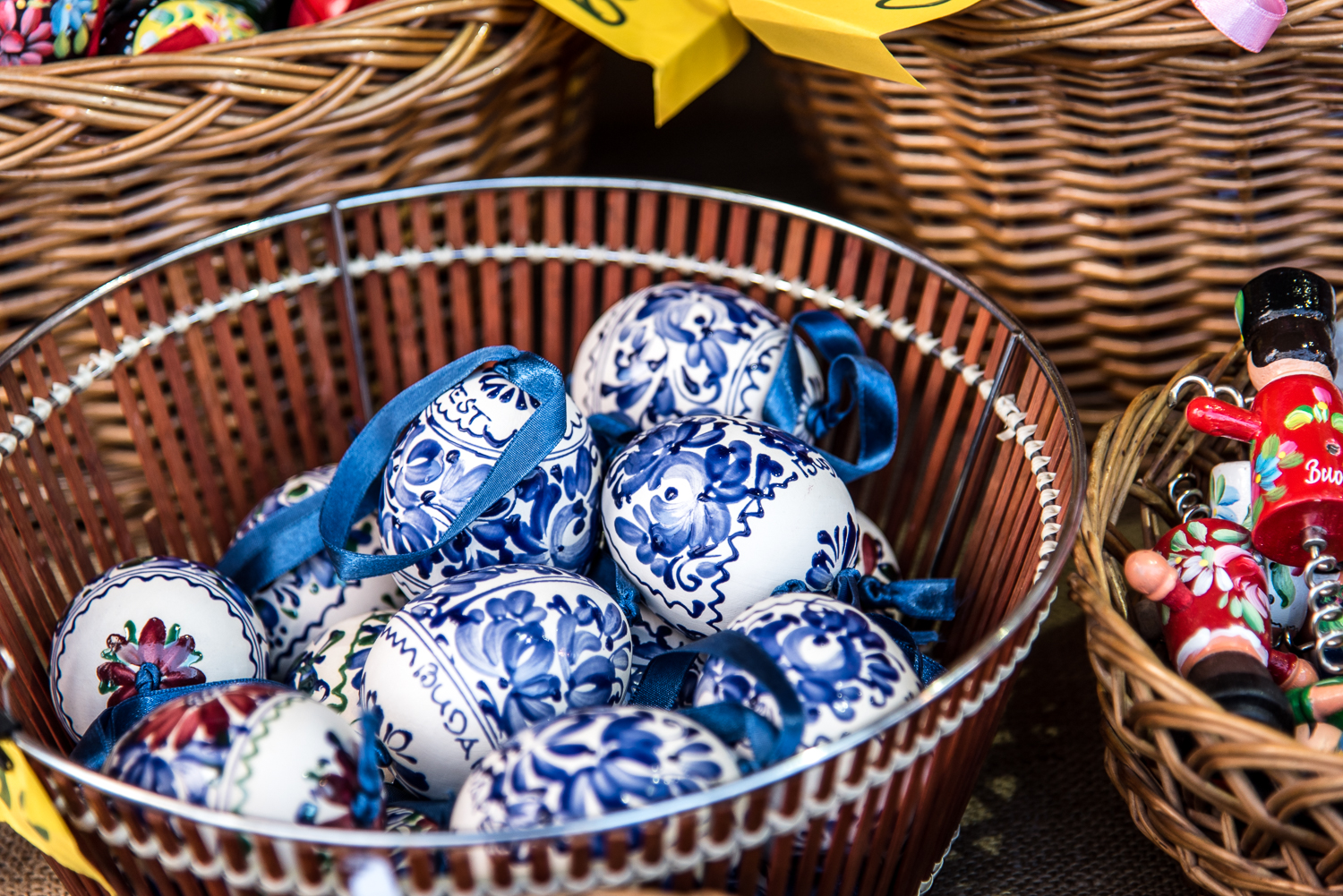1/7
What is Earth Day?
Earth Day is an annual anniversary of the birth of the modern environmentalism movement in 1970, which has inspired the launch of many eco-friendly laws around the world, the planting of thousands of trees, and the mobilization of millions of people to unite for the great cause of creating a sustainable global environment, addressing climate change, and protecting our planet’s resources, so we can leave the planet in better shape for future generations. One of the primary goals of Earth Day is to promote awareness of the importance of recycling, which provides far-reaching benefits like conserving natural resources, preventing pollution, saving energy, and reducing greenhouse-gas emissions. This guide presents plenty of possibilities for how you can recycle in Budapest.
2/7
At home
Curbside collection is common in Hungary, so many apartment blocks in Budapest are already equipped with green, blue, and yellow bins, where you can place sorted waste items. In order to make the whole process easier and faster for recycling, it is required to wash and clean the items that you put into the the blue and yellow recycling bins. The containers with blue lids are for all kinds of paper products or containers, like newspapers, magazines, cardboard boxes, wrapping paper, and milk or juice boxes. Meanwhile, the yellow-topped bins are for plastic and metal waste, such as plastic bags and bottles, yogurt cups, shampoo containers, and aluminum cans. All other non-recyclable waste goes in the green bins.
3/7
At shops and markets
Luckily in Hungary, most glass bottles can be returned to shops and supermarkets for a deposit refund, with many stores equipped with modern machines that take washed beer, wine, and soda-syrup bottles, before printing out your refund voucher with the press of a button. However, in smaller stores, to collect the bottle deposit you have to return your vessels the old-fashioned way: customers have to ring the bell by the stockroom door somewhere at the back of the shop, or hunt down the one clerk who is authorized to (grumpily) count your bottles and fill out a slip indicating how much your refund should be, which can then be presented at the checkout counter for either cash or a discount from your purchases. Most stores only take standard bottles commonly used in Hungary, such as domestic wine, beer, or soda-syrup containers, while less common glass flasks (like champagne and hard-liquor bottles) have to be taken to outdoor recycling collection points (see below).
4/7
Recycling collection points
Outdoor recycling collection points can be found on several streets and squares all over Budapest. The colorful containers can store household waste selectively in the same way as in apartment buildings, but with one difference – here you can dispose of glass as well. Blue bins are for depositing paper (“papír”), yellow receptacles are for plastic (“műanyag”), gray containers are for metal and aluminium (“fém”), green is for colored glass (“színes üveg”), and white contains clear glass (“fehér üveg”). You can find the nearest collection point with this interactive map.
5/7
At recycling yards
There are numerous recycling yards in Budapest, where all of the aforementioned recyclable materials can also be disposed of, but at these yards it is possible to drop off hazardous waste as well, such as old machines, electronics, fluorescent bulbs, batteries, and used oil. Furthermore, if placed in a bag especially sold for this purpose at these yards, you can leave old paint, tires, building scrap materials, and yard waste at these points, too. All of these yards (divided by districts) are open between 10am-6pm Monday-Friday, and 8am-2pm on Saturday.
6/7
“Lomtalanítás” (“get-rid-of-junk day”)
Throughout Budapest, there are certain “Lomtalanítás” days throughout the year when everyone can dispose of old furniture, household items, and almost any other objects on the streets, and it will all be cleared away the next day (see our article about the Lomtalanítás phenomenon for a fuller picture of this unique occasion). Besides encouraging recycling and proper disposal of unwanted items, this day also holds some fun, as adventurous scavengers can browse through another man’s trash in order to find their treasure, or just admire the piles for random relics like an open-air museum. However, keep in mind that many Budapest residents depend on Lomtalanítás for their income, so many of the best items to be found can be claimed within seconds of being deposited on the sidewalk. See the upcoming dates for this one-day event here, divided by district, and watch out for the grumpy garbage guardians!
7/7
What else can you recycle?
In Hungary, you can often come across big cardboard boxes full of all kinds of plastic bottle caps in universities, schools, and other institutes, as these caps are made of thin plastic that can be sold and recycled. Often, collections are even made to help contribute towards a good cause, such as assisting in the cost of a medical procedure for a family in need. Something that should never go in the bin is batteries, as they are classified as dangerous waste that damages the environment, so they should be placed in the designated battery bins that you can find here by district. Any expired medication or pills can be taken back to pharmacies, where they will be safely destroyed.







